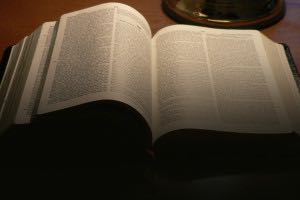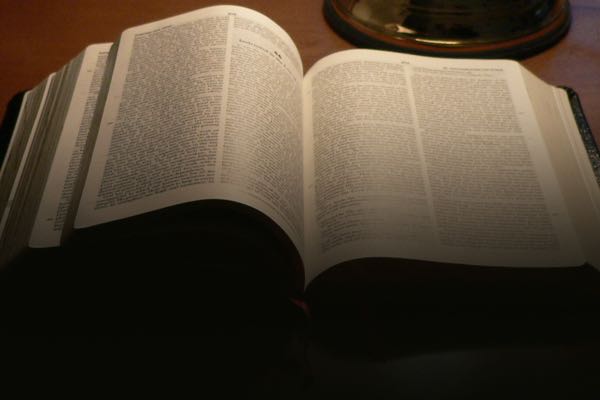
I can remember a particular homicide that occurred in a restaurant parking lot in our town, late one rainy night, well after our homicide team went home for the day. Patrol officers responded to the scene and discovered that the suspect was already long gone. The officers located three witnesses and interviewed them very briefly. They quickly recognized that the murder investigation would require the involvement of our team. Radio dispatch called our sergeant, and he began waking us up by telephone, summoning four of us to handle the investigation. It took me nearly an hour to get into a suit and drive to the location of the crime. When I got there, I discovered that the officers gathered the witnesses and put them in the backseat of their police unit so they wouldn’t get drenched in the rain. This simple act of kindness nearly ruined the case. I learned many years ago the importance of separating witnesses. If eyewitnesses are quickly separated from one another, they are far more likely to provide an uninfluenced, pure account of what they saw.
Yes, their accounts will inevitably differ from the accounts of others who witnessed the same event, but that is the natural result of a witness’s past experience, perspective, and worldview. I can deal with the inconsistencies; I expect them. But when witnesses are allowed to sit together (prior to being interviewed) and compare notes and observations, I’m likely to get one harmonized version of the event. Everyone will offer the same story. While this may be tidier, it will come at the sacrifice of some important detail that a witness is willing to forfeit in order to align his or her story with the other witnesses. I’m not willing to pay that price. I would far rather have three messy, apparently contradictory versions of the event than one harmonized version that has eliminated some important detail. I know in the end I’ll be able to determine the truth of the matter by examining all three stories. The apparent contradictions are usually easy to explain once I learn something about the witnesses and their perspectives (both visually and personally) at the time of the crime.
Jurors are cautioned about discrediting the testimony of eyewitnesses just because there may be an apparent discrepancy between the accounts:
“Do not automatically reject testimony just because of inconsistencies or conflicts. Consider whether the differences are important or not. People sometimes honestly forget things or make mistakes about what they remember. Also, two people may witness the same event yet see or hear it differently” (Section 105, Judicial Council of California Criminal Jury Instructions, 2006). The differences between the gospels aren’t evidence of unreliability, they’re the expected attributes of reliable eyewitness testimony. Share on X
Keep this jury instruction in mind when you encounter what appears to be a contradiction between the gospel accounts of the New Testament. These differences aren’t evidence of unreliability, they’re the expected attributes of reliable eyewitness testimony. I expect eyewitnesses to disagree. If the four gospels were identical in their content, I would have been instantly suspicious. I didn’t accept them blindly; I tested them with the four-part template I use to evaluate eyewitnesses in criminal trials. I’ve described this at length in Cold-Case Christianity. When the gospels passed the test, I accepted their reliable content. The differences weren’t an issue, because you can trust the gospels accounts, even if they disagree. (This article has been excerpted from Cold-Case Christianity: A Homicide Detective Investigates the Claims of the Gospels. For more information, refer to Chapter 4: Test Your Witnesses).

J. Warner Wallace is a Dateline featured Cold-Case Detective, Senior Fellow at the Colson Center for Christian Worldview, Adj. Professor of Christian Apologetics at Talbot School of Theology, Biola University, author of Cold-Case Christianity, God’s Crime Scene, and Forensic Faith, and creator of the Case Makers Academy for kids.
Subscribe to J. Warner’s Daily Email
J. Warner Wallace is a Dateline featured cold-case homicide detective, popular national speaker and best-selling author. He continues to consult on cold-case investigations while serving as a Senior Fellow at the Colson Center for Christian Worldview. He is also an Adj. Professor of Christian Apologetics at Talbot School of Theology, Biola University, and a faculty member at Summit Ministries. He holds a BA in Design (from CSULB), an MA in Architecture (from UCLA), and an MA in Theological Studies (from Gateway Seminary).
































